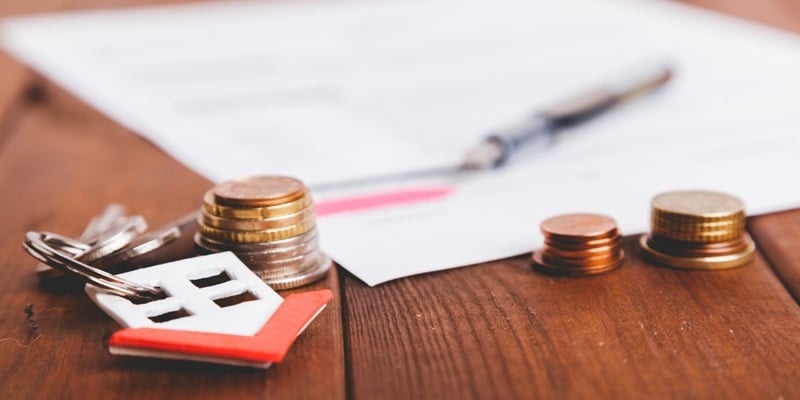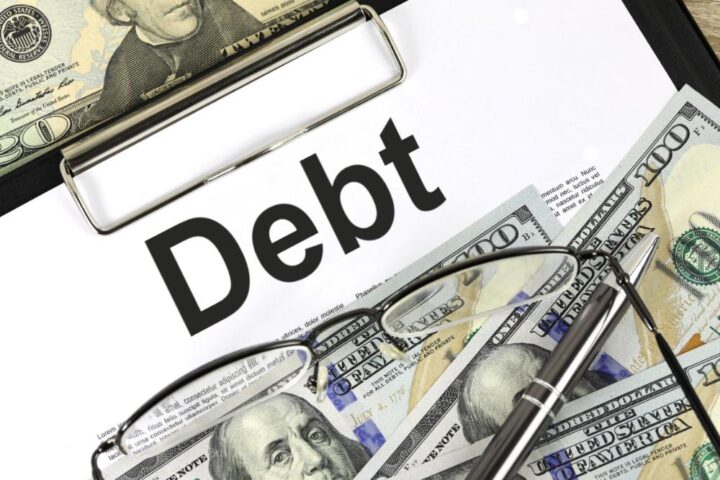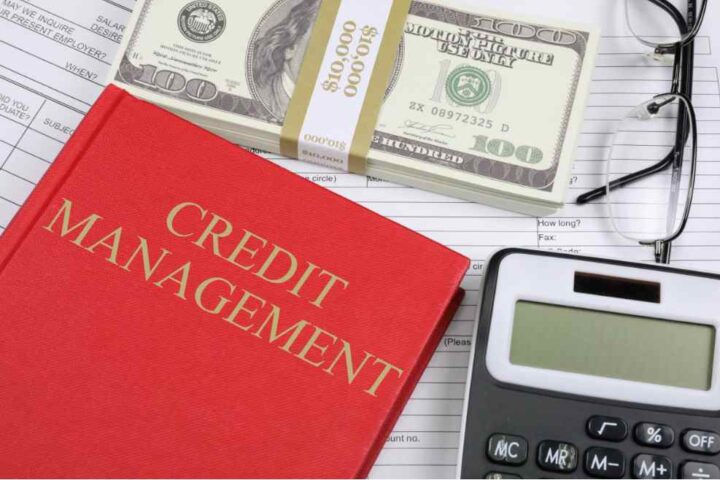Rethinking how we view and interact with our finances
Money isn’t just about numbers—it’s about emotions, beliefs, and habits that shape how we earn, spend, and save. Many people grow up with unspoken money stories: fear of not having enough, guilt about spending, or anxiety about debt. Building a healthier relationship with money means rewriting those internal narratives and learning to see money as a supportive tool, not a source of stress.
For some, this journey begins with gaining control over difficult financial circumstances. Taking steps toward bankruptcy debt relief can be a crucial starting point for creating stability and emotional peace. By confronting debt or financial strain head-on, you clear the space needed to rebuild confidence and develop positive financial behaviors that align with your goals.
Understanding your money mindset
Your relationship with money is deeply influenced by how you think and feel about it. Do you see money as freedom, or as something that slips through your fingers? Do you feel anxious every time you check your bank account, or do you view it as an empowering reflection of your choices?
A healthy money mindset starts with awareness. Identify your core beliefs about money—those subtle thoughts like “I’m just bad with money” or “I’ll never have enough.” These limiting beliefs can shape behaviors that keep you stuck, such as avoiding bills or overspending when stressed.
According to the American Psychological Association, financial stress is one of the most common sources of stress for adults in the United States. Recognizing this connection helps normalize the emotional side of money and encourages you to address it with empathy rather than shame. Changing your mindset doesn’t happen overnight, but small shifts in self-talk and perspective can make a major difference.
Forgiving past money mistakes
Many people have made a financial decision they regret—whether it’s taking on too much credit card debt, missing a payment, or spending impulsively. The problem isn’t the mistake itself; it’s holding onto guilt and letting it define your financial identity. Forgiving yourself is one of the most powerful steps in building a healthier relationship with money.
Financial recovery, much like emotional healing, requires self-compassion. Instead of focusing on what went wrong, ask what you learned. Did it teach you about your triggers? Did it highlight a need for structure or better planning? Those lessons become tools for the future.
If your past decisions have led to serious financial hardship, consider professional resources such as nonprofit credit counseling or financial planning services. The Consumer Financial Protection Bureau provides guidance on debt management, budgeting, and protecting your credit—empowering you to rebuild on a stronger foundation.
Practicing mindful spending and saving
Smart financial habits begin with intention. Before making a purchase, pause and ask yourself: “Does this align with my values and goals?” This mindfulness helps distinguish between needs, wants, and emotional spending. It also builds a sense of control that reduces stress.
One simple method for mindful budgeting is the “50/30/20 rule”—allocate 50% of your income to needs, 30% to wants, and 20% to savings or debt repayment. This approach creates flexibility while maintaining financial structure.
Automating savings and bill payments also helps establish consistency. It removes the emotional weight of decision-making and ensures your financial priorities happen first. Over time, these small systems build trust with yourself—you see proof that you can manage money responsibly and effectively.
Building emotional resilience around money
Money carries emotional weight because it represents security, success, and even self-worth. But tying your value to your financial situation creates unnecessary pressure. Emotional resilience means separating who you are from what you have.
Practicing gratitude can help shift your focus from scarcity to sufficiency. Instead of fixating on what’s lacking, acknowledge progress: paying down a small debt, sticking to your budget for a month, or resisting an impulse purchase. These small wins reinforce confidence and stability.
If you notice strong emotions around money—fear, shame, or even guilt—it may help to talk with a financial therapist or counselor. These professionals specialize in the psychology of money and can help unpack the patterns behind financial behavior, creating a foundation for long-term change.
Setting goals that reflect your values
A healthy relationship with money isn’t about accumulating as much as possible—it’s about aligning your financial choices with what truly matters. Maybe that means saving for a family vacation, building an emergency fund, or investing in education. The “why” behind your goals gives them meaning and makes discipline feel rewarding rather than restrictive.
Start with short-term goals that build momentum, then layer in long-term objectives. Break them into achievable steps so progress feels tangible. Each milestone strengthens your confidence and reinforces the belief that financial stability is possible through intentional action.
Creating balance between security and enjoyment
It’s important to save and plan, but it’s equally important to live fully. A healthy relationship with money includes room for joy and self-care. Deprivation can lead to burnout and binge spending later. Balance means allowing yourself to enjoy life while maintaining financial discipline.
Give yourself permission to allocate a small portion of your income to things that bring genuine happiness—like hobbies, experiences, or time with loved ones. This keeps your relationship with money positive, not punitive.
The power of awareness and progress
At its core, building a healthier relationship with money is about awareness, not perfection. Each mindful choice, each honest reflection, and each step toward stability strengthens that relationship.
When you shift your mindset from fear to empowerment, you open the door to financial peace. It’s not about being rich—it’s about feeling confident, capable, and aligned with your goals.
By treating money as a tool for growth instead of a source of stress, you create a foundation of security and freedom—one thoughtful decision at a time.
Related Articles
- Gen Z And Millennials Prioritize Mental Health Over Pay As 50% Say They’d Take A Cut For Well-Being Benefits
- What Credit Monitoring Does
- IRS 2026 Tax Brackets: Standard Deduction, EITC



















